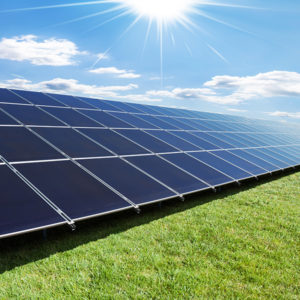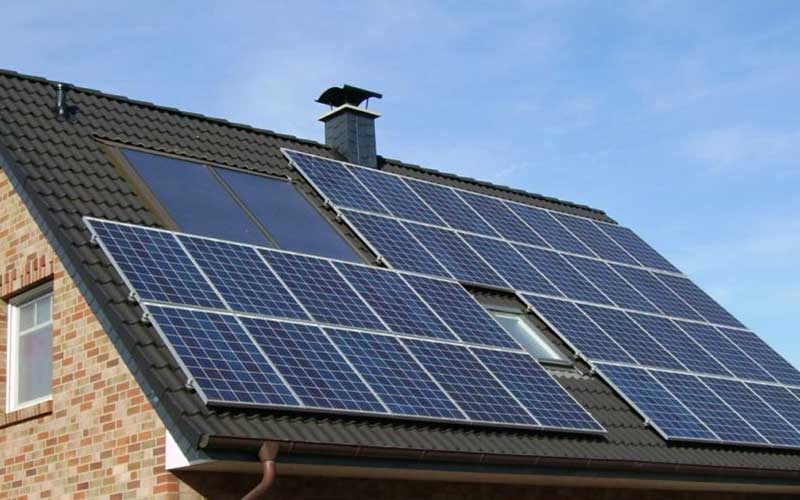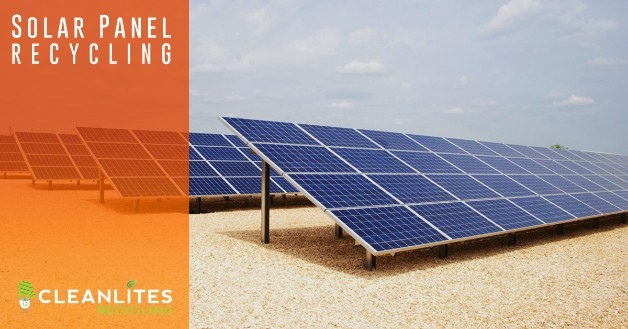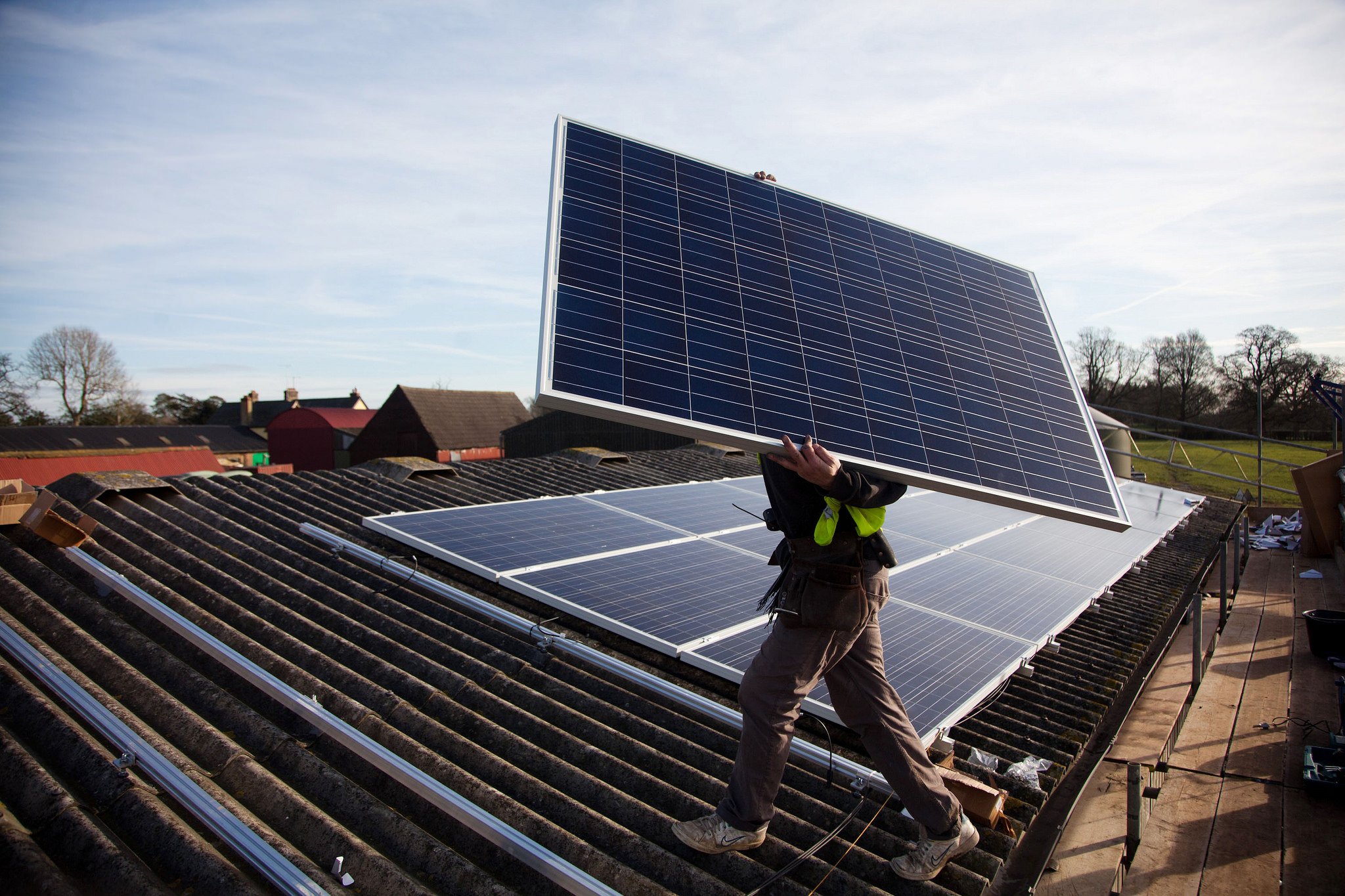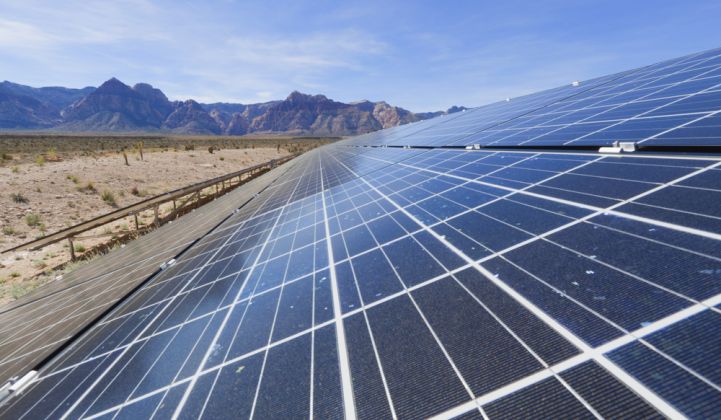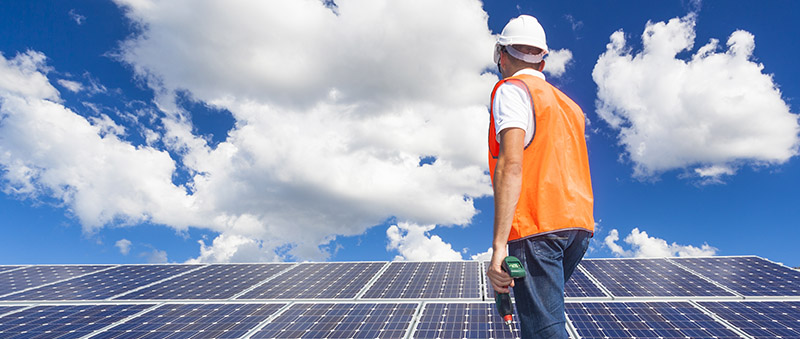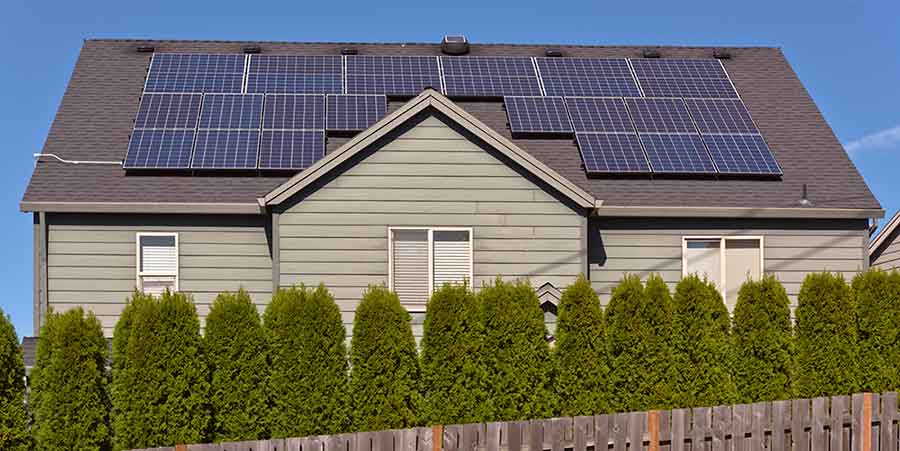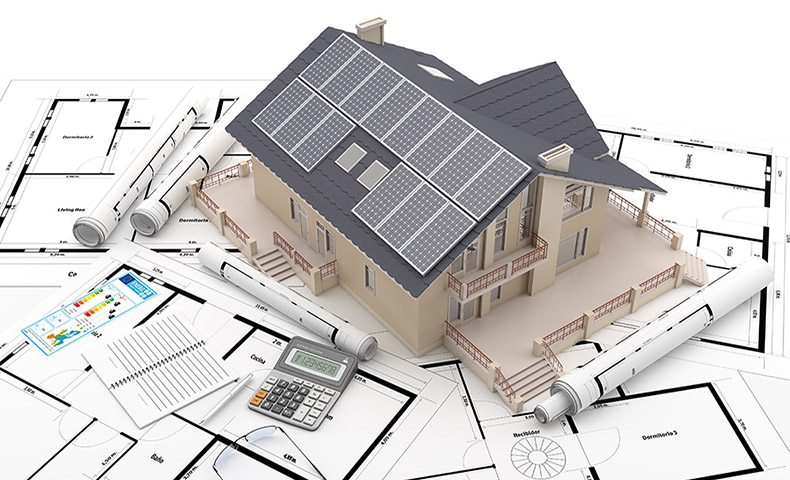Solar Panel Laws Vermont
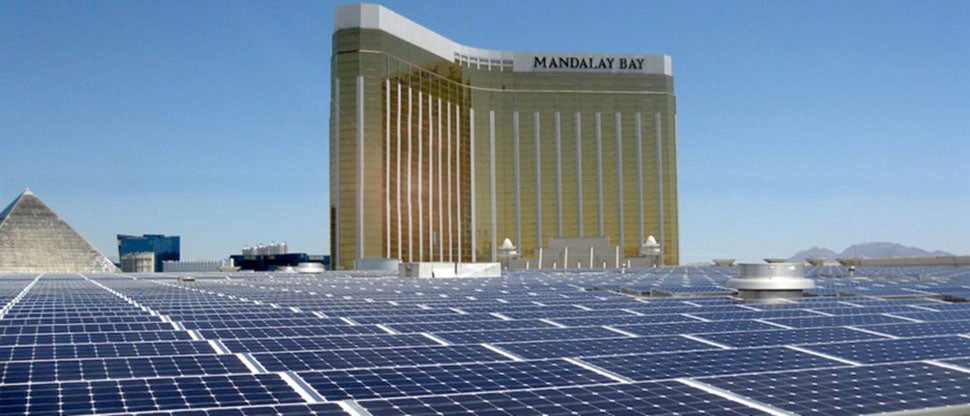
Developed by the vermont attorney general s office in partnership with the department of public service this guidance clarifies the statements that a solar provider may make about the renewable nature of solar projects in which the renewable energy certificates are retained and sold by the solar provider.
Solar panel laws vermont. Because solar panels have decreased in price by roughly 50 percent since 2008 more americans can afford to have them installed and provide more of their own energy. The state offers various incentives for installing solar and there is net metering for grid tied solar. A 2012 estimate suggests that a typical 5 kw system costing 25 000 before credits and utility savings will pay for itself in 10 years and generate a profit of 34 956 over the rest of its 25 year life. Another 27 000 homes use either wind or solar energy or both to go partially off grid reducing their energy bills in the process.
This means that customers will receive the full retail value for each kwh of energy their solar panel system produces in the form of a credit to their electricity bill. It is similar to vermont act 250 vermont s land use and development law in that it seeks to minimize the environmental impact of new development and infrastructure. The state is very friendly towards the off grid lifestyle and there are already many homesteaders living off grid. It is important to note that unused kwh credits expire at the end of the annual billing cycle.
Solar power in vermont provides almost 11 of the state s electricity as of 2018. Guidance for third party solar projects. Net metering is available for up to at least 500 kw generation but is capped at 15 of utilities peak d. Hr 2454 the american clean energy and security act was a proposed federal law that made it illegal for a homeowners association to restrict the installation of solar panels.
Rainwater harvesting is legal in vermont and is encouraged by the state. After accounting for the 26 federal investment tax credit itc and other state and local solar incentives the net price you ll pay for solar can fall by thousands of dollars. Section 248 of vermont law governs the development of energy infrastructure including solar farms wind farms electrical grid equipment power plants and natural gas transmission lines. This proposed law included provisions prohibiting homeowner s associations from enacting rules limiting solar panel installation with a few exceptions.
Given a solar panel system size of 5 kilowatts kw an average solar installation in vermont ranges in cost from 13 218 to 17 882 with the average gross price for solar in vermont coming in at 15 550. These policies and rules govern everything from renewable energy mandates to interconnection and have a huge effect on the viability of solar. While sunlight is not always plentiful in the northeast vermont residents should feel fortunate that the state offers strong financial incentives for going solar. A 2009 study indicated that distributed solar on rooftops can provide 18 of all electricity used in vermont.
The policy information section contains all our latest research on the rules set by lawmakers and the public utilities commission which determine how easy it is to go solar in vermont. Aside from the power output of the solar equipment you choose to install the amount of energy you generate with solar panels in vermont is directly related to the amount of sunlight that hits your panels.

